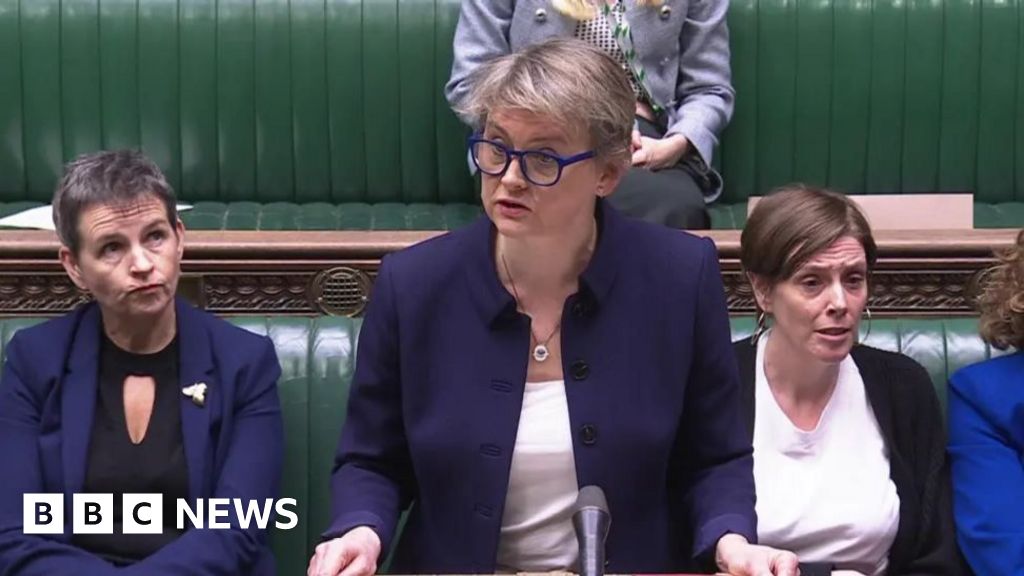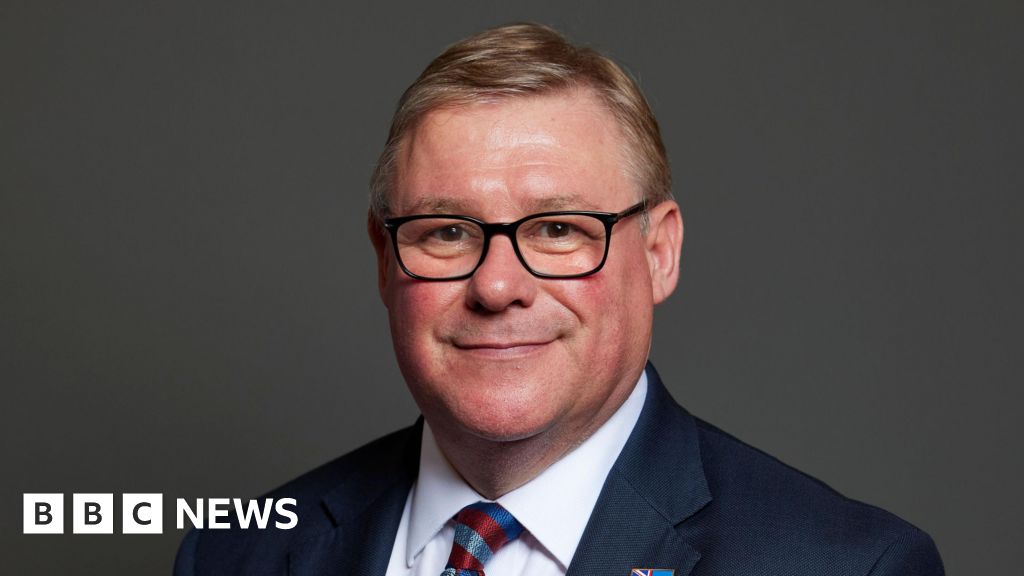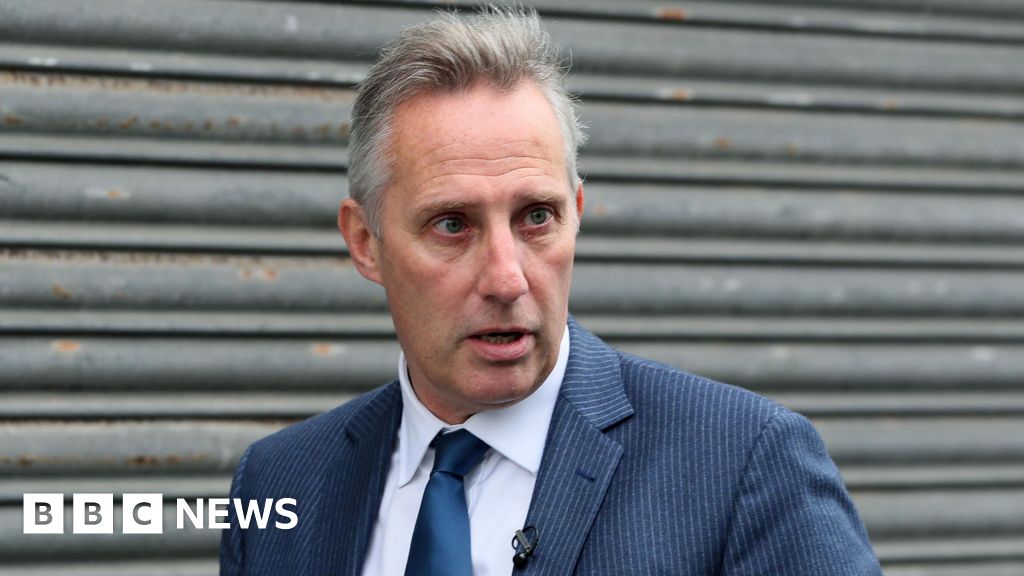ARTICLE AD BOX
By Alex Therrien
BBC News
image source, MOD
image captionMPs said recent events in Afghanistan highlighted "serious weaknesses" in the government's approachThe government's planning for national security risks is "unstructured and lacking in central oversight and accountability", a committee has said.
The Joint Committee on National Security Strategy said the pandemic and the fall of Afghanistan showed "serious weaknesses" in the current system.
The MPs and peers criticised changes that mean the PM will attend fewer National Security Council meetings.
No 10 said processes were being strengthened in response to events.
The committee said the lack of preparation for the withdrawal of international forces from Afghanistan could "only be described as a systemic failure".
Its report said there was already a "troubling lack of clarity" about the role and remit of the NSC, with witnesses describing "a loose, unstructured cross-government approach, with weak oversight from the centre and unclear prioritisation of risks".
Committee chairman Dame Margaret Beckett, a former foreign secretary, said: "The whole point of the National Security Council is that it is supposed to prepare for, and act upon, a long-term view of our national security risks. It should be above the hurly-burly of daily concerns.
"But when two events - the Covid-19 pandemic and Afghanistan - demonstrated yet again what a dangerous world we now live in, weaknesses in the structures of the National Security Council were exposed."
'Halfway house'
The NSC was originally established in 2010 by the then Prime Minister David Cameron, with weekly meetings bringing together senior ministers and defence and intelligence chiefs chaired by the PM.
However, the committee said a review by national security adviser Sir Stephen Lovegrove of the way it operated would in future result in Prime Minister Boris Johnson spending roughly 65% less time in the meetings and chairing about half of them.
The report said: "Most concerningly, the new model for the NSC risks becoming a halfway house: It is neither a slower-paced forum for tackling the most fundamental questions facing UK national security, nor a weekly meeting of senior ministers - convened and brokered by the prime minister - to tackle the most pressing issues.
"It is the prime minister's personal investment of time and authority that lends credibility to the NSC and its cross-government structures."
A government spokesman said the national security machinery was being strengthened following its Integrated Review of foreign and defence policy earlier this year.
"The prime minister is clear that the first duty of the government is to provide security for the people of the UK, which he is absolutely committed to delivering," the spokesman added.

 3 years ago
141
3 years ago
141








 English (US) ·
English (US) ·